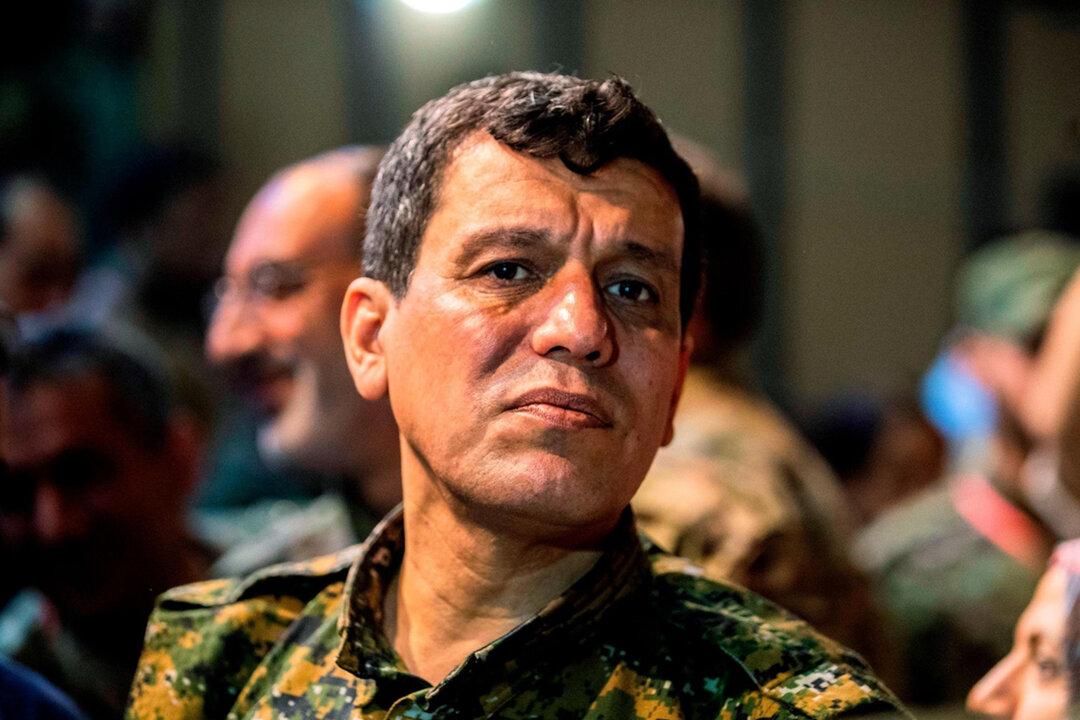The commander-in-chief of the Syrian Democratic Forces (SDF), Gen. Mazloum Kobani Abdi, said that he wants the United States to “acknowledge” the role it can play in finding a political solution, and in helping to reach a sustainable peace between Turkey and Kurdish-led forces in Syria.
“But we do want the United States to acknowledge its important role in achieving a political solution for Syria. We are sure that Washington has sufficient leverage to mediate a sustainable peace between us and Turkey,” said Abdi in an “argument” published in The Foreign Policy on Oct. 13.





